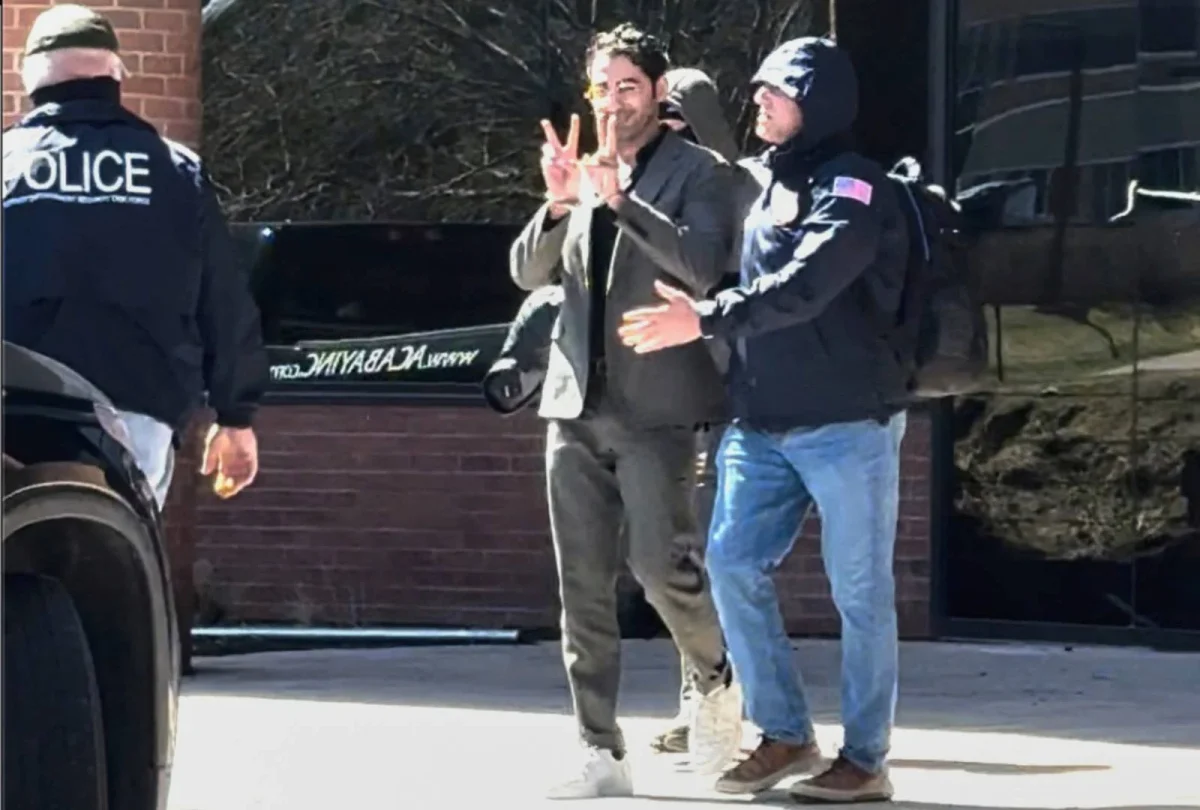The First Amendment is widely thought to be perhaps the most important right guaranteed by the United States Constitution. What is and is not covered by the First Amendment has been a key point of debate in deciding how to handle the recent incidents with the Free Expression Tunnel. A right to free speech figures into almost all of the freedoms that Americans enjoy. Whether it is expressing political views, or expressing artistically free speech in the form of music, paintings, or movies, freedom of expression, is an important right. However, not all speech, whether symbolic or spoken, is legally protected. Speech that would possibly and unnecessarily cause harm to others (such as screaming fire in a crowded building when there was in reality no fire) is not protected, child pornography is not protected, and nor is speech that is judged to be ‘obscene.’
‘Obscene’ is described by Webster’s Dictionary as “offensive to chastity or modesty,” or “foul, filthy, or disgusting.” “It’s a tough line to draw, it can be hard to find exactly what is too far,” said Lindsay Hughes, a junior in business administration. The United States Supreme Court has struggled to provide a definition for obscenity throughout the years. In 1964 Justice Potter Stewart defined it by simply saying: “I know [obscenity] when I see it.” Justice Stewart himself admitted the court may never be able to definitively define the term obscenity in constitutional terms.
In 1973 in the case Miller v. California, a case that was based around the issue of whether Marvin Miller, a salesman of pornography had violated obscenity laws by sending out advertisements for adult material with that included graphic depictions of sex and genitalia. The Supreme Court did finally lay out in basic terms what could qualify as constitutionally obscene. According to the Supreme Court, something could be obscene if “the average person, applying contemporary community standards finds that the work taken as whole appeals to prurient (lustful) interest. The work also would have to depict or describe, in a patently offensive way sexual conduct specifically defined by state laws. Finally the work would have to, taken as a whole, lack serious literary, artistic, political or scientific value.”
There are a few important things to consider about the Miller decision’s requirements (commonly known as the “Miller test”) for material to be considered to be obscene. First of all, the deciding factors in whether something is considered obscene rests with the opinion of average citizens, not the most sensitive citizens. Secondly, the constitutional term ‘obscenity’only applies to things that are considered to be morally reprehensible or lacking and of a sexual nature, not a political or social nature.
The laws of “common decency,” as people often refer to them, do not apply. American free speech does not prohibit one from simply being rude or heartless. As the third part of the Miller test states, anything containing something rude or heartless could be considered of serious artistic or political value and therefore, is not in danger of being labeled as obscene. So a slew of words that the average American would probably not want to be said around his or her kids, such as racial slurs, are not in danger of being labeled as constitutionally ‘obscene.’
Public opinion on obscenity varies as much as it does on any other political issue, “We should have obscenity laws, if for nothing more than to uphold our morals and values,” said Erin Summerlin, a junior in business marketing. The term ‘obscene’ has been a subject of great debate in legal circles as some do not believe the idea of obscenity is even worth the time of Supreme Courts as the term is difficult, if not impossible to define. Some do not believe that any speech should be deemed illegal, as deciding what is and is not acceptable in the public discourse can be a slippery slope.
No matter what one’s opinion is on the issue, obscenity laws are clearly an important issue as they deal with one of our most basic rights: free speech. Any discussion of the issue, whether it deals with cultural values regarding books, social opinions, or adult entertainment, requires any obscenity decision is given careful consideration as to how it affects American society.




